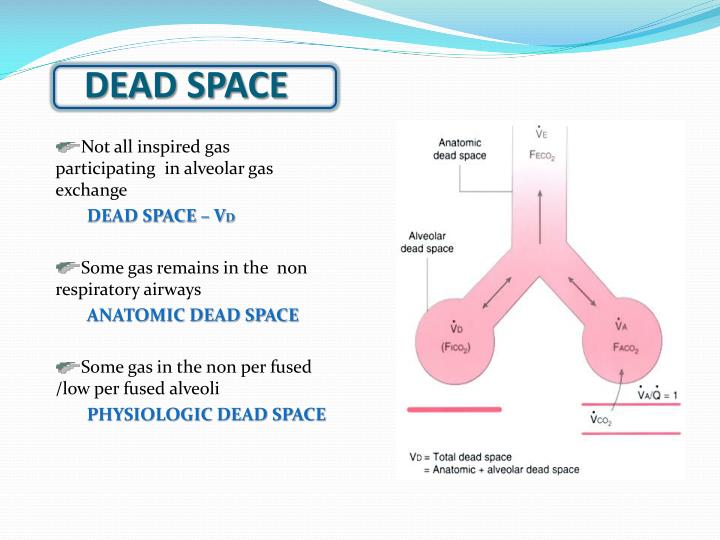
This has two major consequences: a reduction in intracranial pressure, and a reduction in brain perfusion. Reduced CO2 triggers cerebral vasoconstriction.(Remember, one of the classic features of systemic inflammatory response syndrome is tachypnea). Respiratory alkalosis may be an early sign of sepsis, preceding hypoxemia or hypotension.Cirrhosis is a common cause of persistent respiratory alkalosis that is often encountered among intubated patients.Central neurogenic hyperventilation (e.g., meningitis, encephalitis, trauma, stroke).Excessive mechanical ventilation among intubated patients (iatrogenic).


Hypoxemia itself can stimulate the respiratory drive, causing hypocapnia. Hypocapnia can be caused by nearly any pulmonary disease (e.g., pneumonia, asthma, pulmonary edema, pulmonary embolism, pneumothorax).


 0 kommentar(er)
0 kommentar(er)
